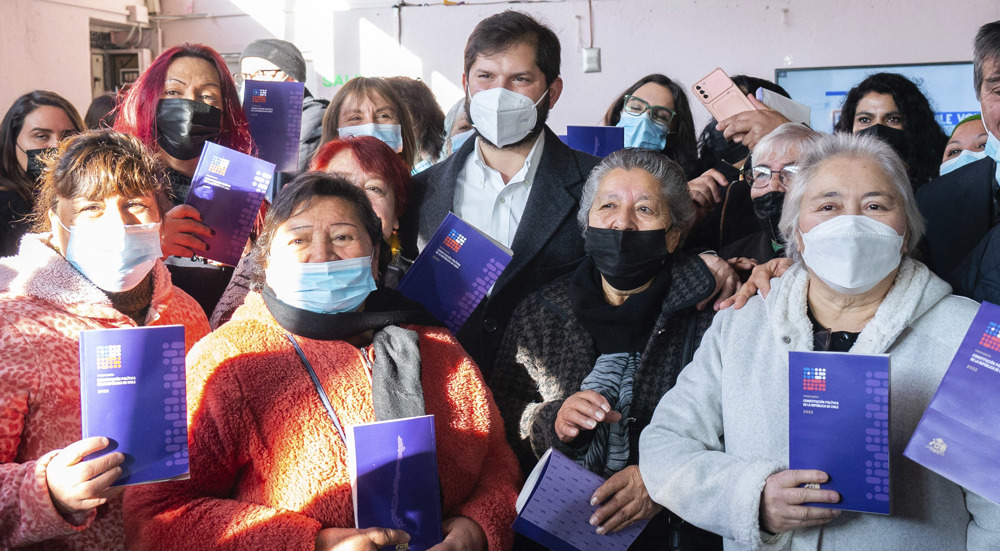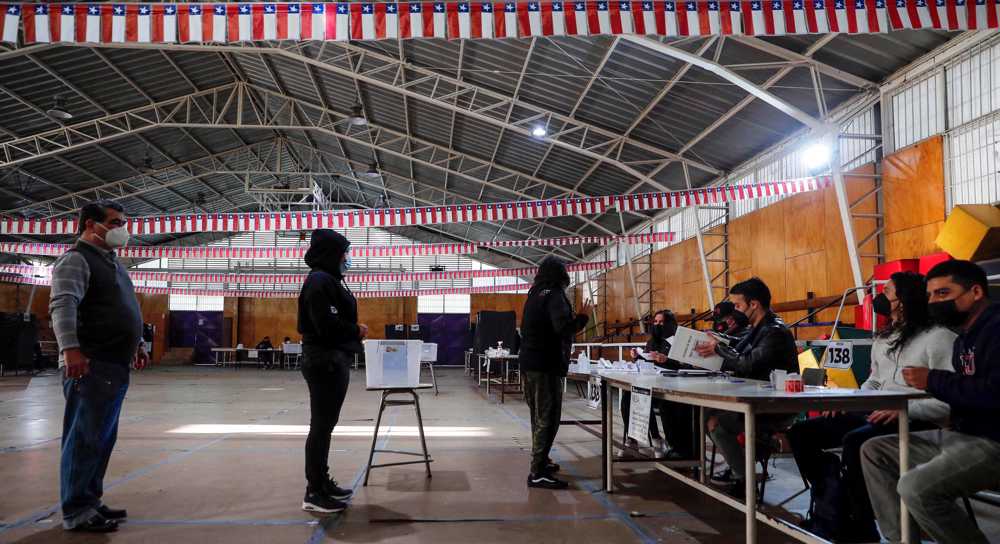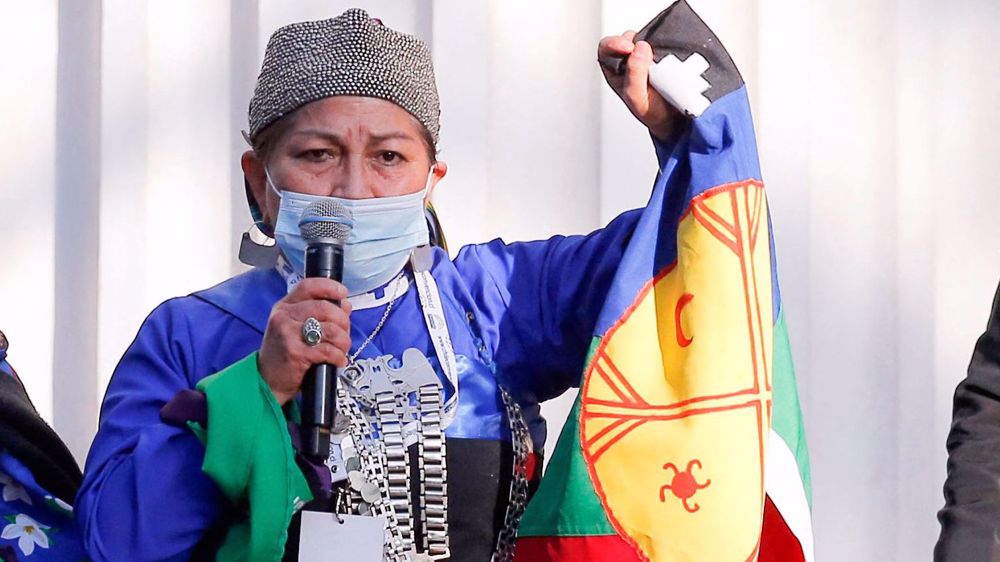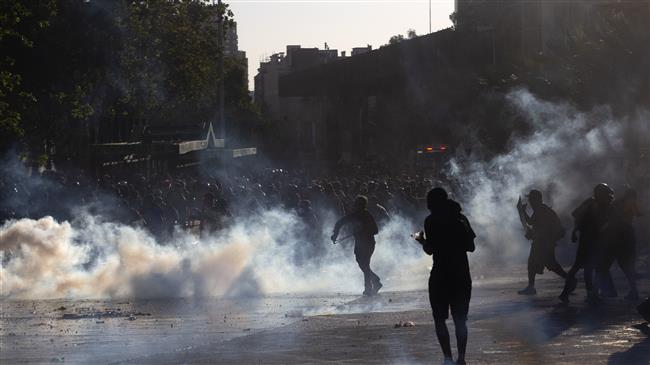Chileans resoundingly reject overhaul of dictatorship-era constitution
Chileans have resoundingly rejected a proposed new constitution, which would have replaced a charter dating back to the dictatorship of Augusto Pinochet almost 41 years ago.
With 99 percent of the votes counted in Sunday’s referendum, a total of 61.9 percent voted against the new Constitutional draft while 38 percent voted in favor of it, amid heavy turnout.
It has dealt a heavy blow to President Gabriel Boric who lobbied hard for it, arguing that the new Constitution would usher in a new progressive era for the South American country.
The new Constitution included 388 articles that would have significantly extended social rights, increased environmental regulation, and given the government wider responsibility for social welfare programs.
The changes would have also provided full gender parity and added designated seats for indigenous representatives.
In contrast, the current constitution is a market-friendly document that favors the private sector over the state in aspects like education, pensions, and health care.
Boric responded to the defeat in a live televised address to the nation after the voting closed on Sunday.
“Today the people of Chile have spoken, and they have done so loudly and clearly,” Boric asserted, conceding the defeat.
“They have given us two messages. The first one is that they love and value their democracy … The second one is that the people of Chile were not satisfied with the proposed constitution and, therefore, have decided to reject it in a clear way at the polls.”
President Boric said he would now work to achieve a "text that will incorporate the lessons of the process and win over a broad majority of citizens".
Carlos Salinas, a spokesman for the Citizens’ House for Rejection, said the majority of people in the country saw Sunday's vote as "a path of hope.”
“We want to tell the government of President Gabriel Boric... that 'today you must be the president of all Chileans and together we must move forward,'” he said.
The new constitution was drafted after political and social unrest swept through Chile in 2019.
Most people in the country are in favor of changing the dictatorship-era Constitution. Boric said the process to amend it would not end with Sunday's referendum.
He said it was essential for the country's leaders to “work with more determination, more dialogue, more respect” to reach a new proposed charter “that unites us as a country.”
The rejection of the proposed reforms could at least partly be blamed on the prominence given to Chile's Indigenous population, which makes up about a tenth of the country's 19 million people.
It offers them greater autonomy, particularly on judicial issues.
The proposed legalization of abortion was another source of concern in a country where half of the population is Roman Catholic.
"What you can see is a certain conservatism in the Chilean electorate that we haven't seen for years," sociologist Marta Lagos was quoted as saying by the AFP news agency.
Warships can be sent to the seabed, Leader says in response to Trump’s threats
VIDEO | Press TV's news headlines
Iran to pursue strong defense, careful diplomacy during talks with US: Deputy FM
Second round of indirect Iran-US nuclear talks opens in Geneva
‘Racist’ Florida congressman draws outrage over Islamophobic comment
‘Get the files out’: Hillary Clinton slams Trump for Epstein files ‘cover-up’
Netanyahu’s former chief of staff dies suddenly at 58
Discover Iran: How once-isolated Makran coast is rising as Indian Ocean’s next strategic powerhouse














 This makes it easy to access the Press TV website
This makes it easy to access the Press TV website